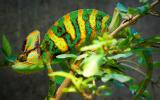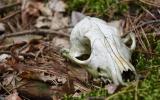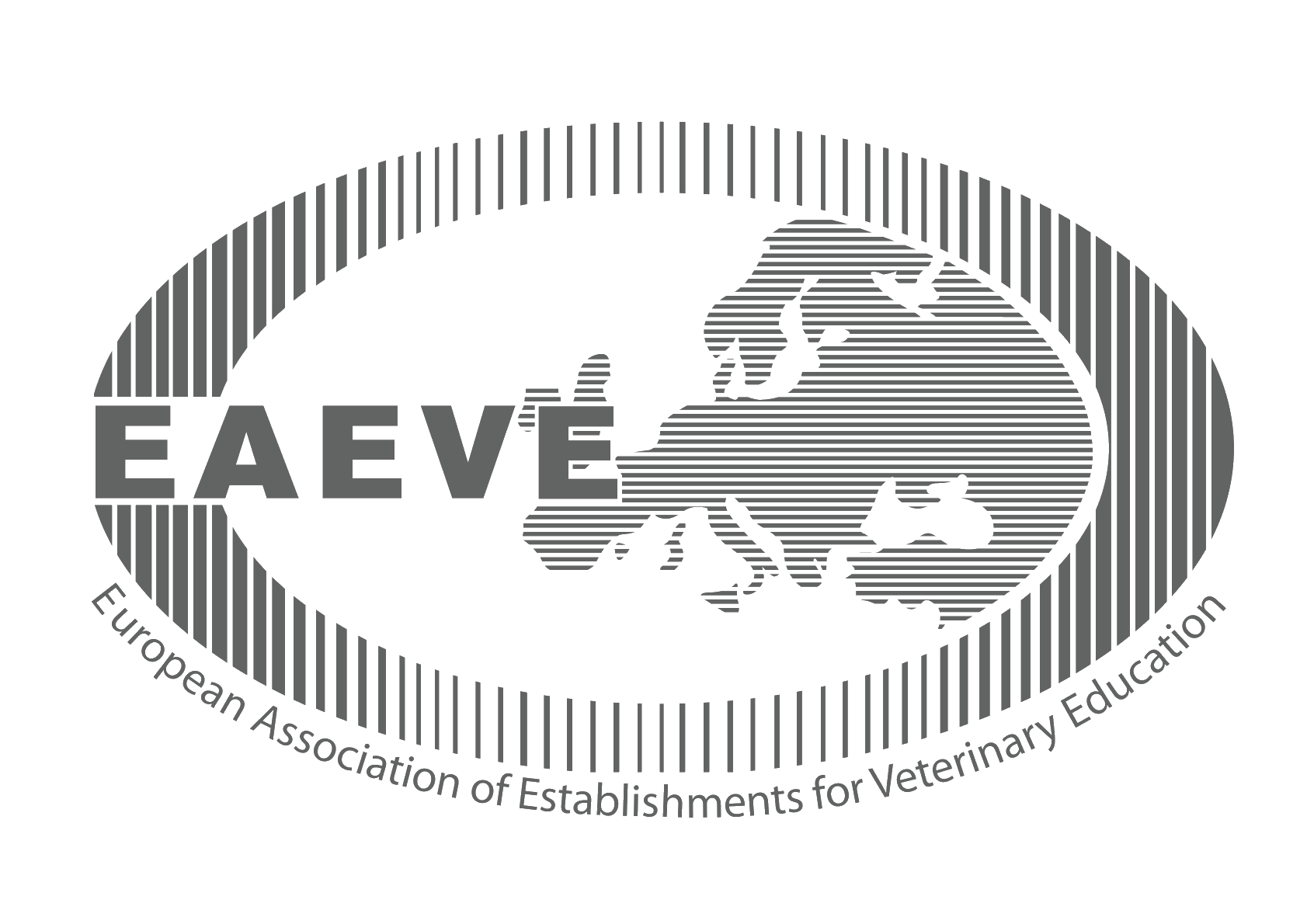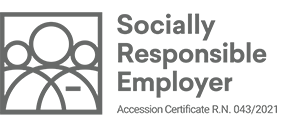The Institute for Food Safety, Feed and the Environment consists of the Food Safety Unit and the Environment, Nutrition, Wellbeing and Animal Hygiene Unit.
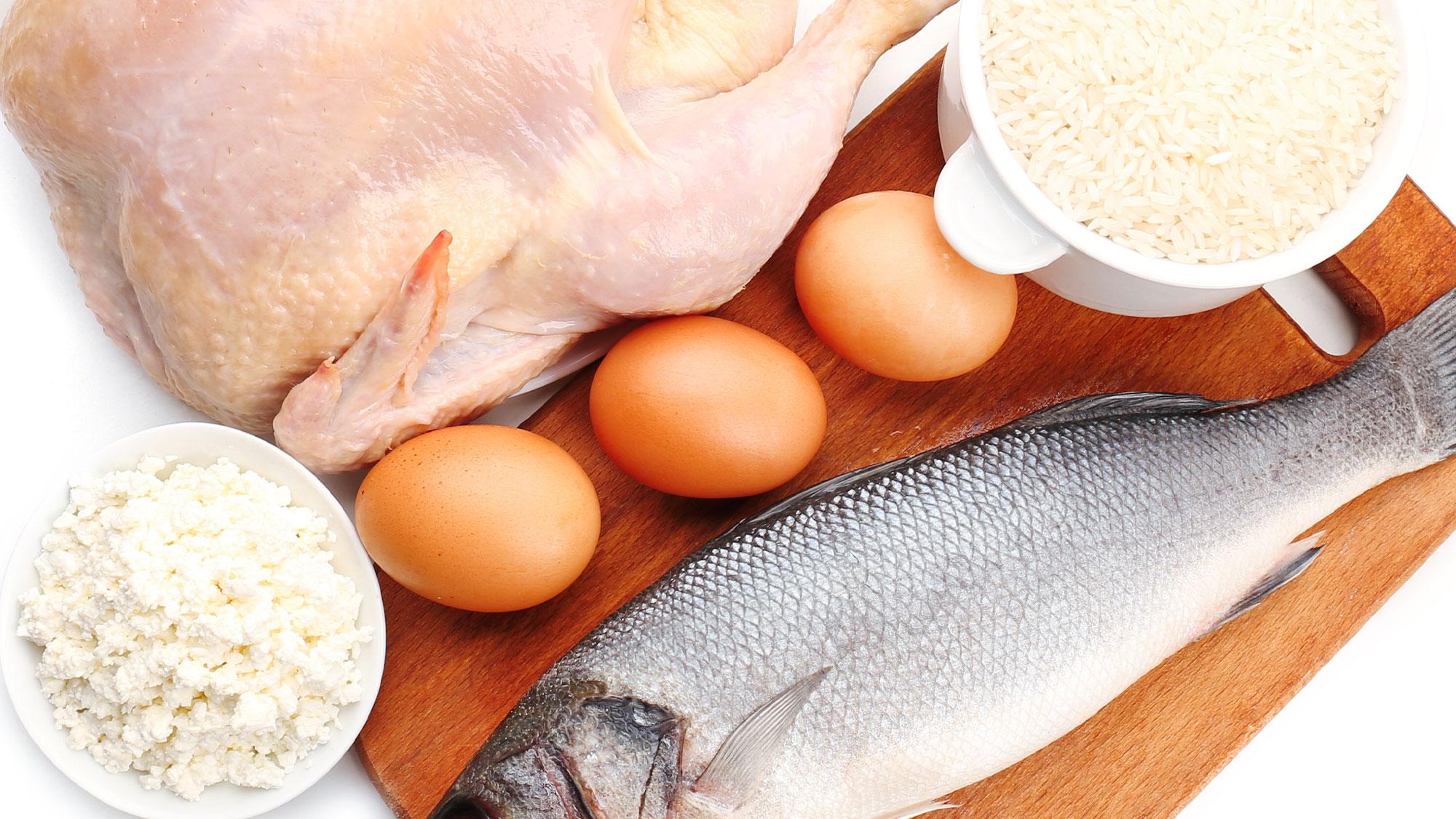
Institute of Food Safety, Feed And Environment
Departments
Food Safety Department
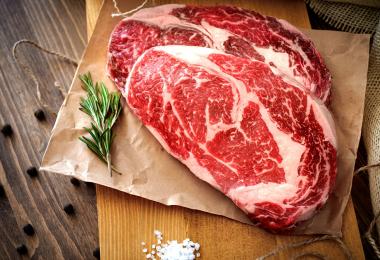
Nutritional value
All pre-packaged foods have been subject to mandatory nutrition labelling for foodstuffs since 13 December 2016, in accordance with Regulation 1169/2011. At a minimum, labels must include the energy value and the average fat content (and of this the amount of saturated fat), carbohydrate, sugars, protein and salt. These are the average values of the nutrients in grams per 100 grams or 100 millilitres of food. Nutritional value can be determined by analysing food. The Food Safety Unit identifies all the ingredients needed to indicate nutritional values:
- energy value
- fats
- saturated fats
- proteins
- water
- ash
- carbohydrates
- sugars
- salt (sodium content)
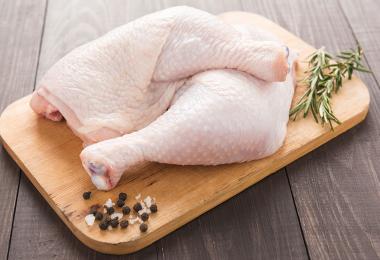
Microbiological tests of food
Food safety and hygiene are linked to the microbiological state. Microbes, when present in an increased number (total number of microbes, Escherichia coli (E. coli), enterobacteria and others), indicate poor hygiene of the production process. Some microbes, such as Salmonella spp., Listeria monocytogenes, Campylobacter spp., Shiga toxin-producing E. coli (STEC), and others, are pathogenic and cause disease when ingested in contaminated foods.
The presence and/or number of many microorganisms is determined in different food groups:
- Salmonella spp.
- Listeria monocytogenes
- Campylobacter spp.
- E. coli
- Staphylococcus aureus
- enterobacteria
- STEC/VTEC
- aerobic mesophilic bacteria
- lactic acid bacteria
- anaerobic bacteria
- Clostridium perfringens
- Bacillus cereus
- viruses
- others
The institute provides professional assistance (sampling, problem solving in production).
We have also developed Guidelines for the Microbiological Safety of Foods for the Final Consumer.
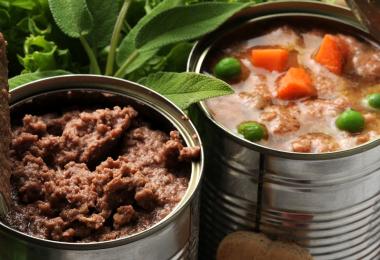
Shelf life
Implementation of the parameters necessary to determine the shelf life of food:
- microbiological testing
- sensory evaluation
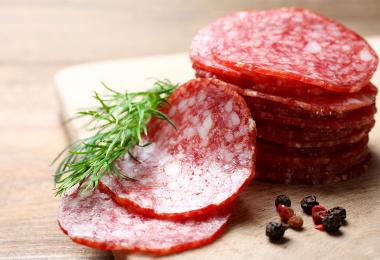
Determining types of meat
To ensure safe food, the institute enables the identification of individual types of meat in different meat products. Determining the content of different types of meat in meat products is important for legal, economic and religious reasons. Products include horse, beef, pork, chicken and turkey. Species of fish can also be identified. The polymerase chain reaction (PCR) method is used for analysis.

Assessment of conformity of the declaration
Legislation in the area of food labelling is very extensive and changing rapidly, therefore the institute can assist in labelling foods and can also check if labelling complies with the legislation. The nutrient content of foods should not deviate significantly from the values indicated on the label, since such deviations could lead to misleading consumers. The analysis determines the nutrient content of the food and checks that the difference between the measured values and the indicated values is within the limits permitted.
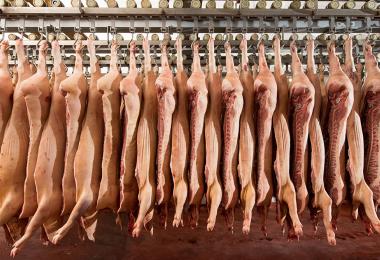
Production environment
The quality and hygiene of the production environment has a significant impact on product characteristics. Food business operators are responsible for maintaining the hygiene of surfaces and equipment through regular cleaning. Critical points in terms of microbial contamination are sites that are difficult to reach and damaged or uneven surfaces.
The presence of different microorganisms is detected in surface swab samples: total number of microbes, enterobacteria, E. coli, L. monocytogenes, Salmonella spp. and others.
For the purpose of monitoring slaughter hygiene, microbiological contamination (carcass swabs) and central nervous system tissue (swabs of chewing muscles of ruminants) are determined.
The institute provides professional assistance (sampling, problem solving in production).
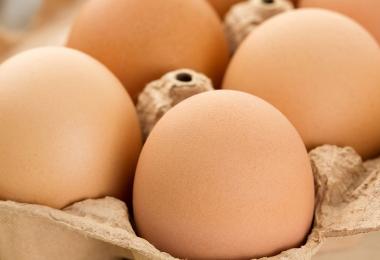
Sensory assessment
Sensory properties of foods include those that can be perceived by one's basic senses - sight, taste, touch, smell and hearing.
In the food industry, sensory analysis is most commonly used:
- when developing new products
- to control the quality of raw materials and finished products
- to monitor the quality of products during storage
The results of sensory evaluation play an important role in determining the shelf life (use by date) of products.
Assessment results can be reported using a points scale and/or descriptively.
Foods that have been sensorily-modified are unfit for human consumption (regardless of their microbiological or physico-chemical properties) because they do not meet the food safety requirements (Regulation (EC) No 178/2002).
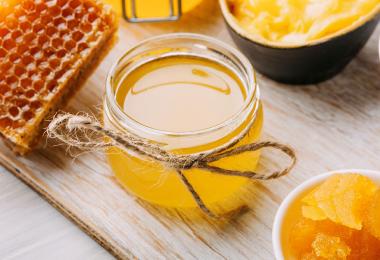
Residues of medicines and pollutants
Modern food production also includes the treatment of animals. Authorised medicinal products may be used for this purpose. The use of hormones and beta-agonists is banned in Europe. The control is focused both on the presence of a prohibited substance (stilbene, steroid hormones, zeranols, chloramphenicol, nitrofuran metabolites, nitroimidazoles, dapsones, chlorpromazine, beta-agonists) and on the concentration of any residues of different groups of antimicrobial substances (penicillins, cephalosporins, tetraminolinetics, aminoglycerides, aminoglycols , macrolides, sulfonamides), avermectins, coccidiostats, sedatives, non-steroidal anti-inflammatory drugs (NSAIDs). Among the pollutants the institute focuses on lead, cadmium, mycotoxins and colourants and carries out tests on meat, milk, eggs, liver, kidneys, honey, urine, and blood plasma.
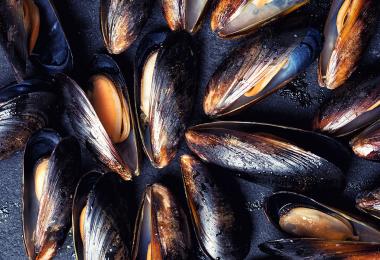
Marine biotoxins
Marine biotoxins are naturally occurring substances that are occasionally synthesised by certain types of algae. When marine biotoxins appear, they are found in marine organisms. The thermal treatment of seafood has no effect on reducing their concentration. Therefore, the institute monitors the presence of those groups of marine toxins that cause mental and neurological or gastrointestinal disorders. The first group includes domoic acid and its analogues (amnesic shellfish poisoning (ASP)) and even more dangerous saxitoxins (paralytic shellfish poisoning (PSP)). The second group contains okadaic acid and its analogues. Shellfish are most susceptible to the accumulation of toxins.
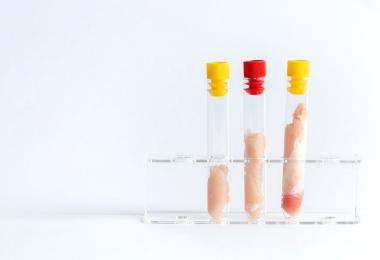
Sampling
Sampling includes the taking of food samples in accordance with the programme provided by the contracting entity. The process follows international recommendations (ISO), taking into account the specific requirements and instructions of the contracting authority. Sampling involves the taking and transportation of samples from the sampling point to the laboratory and the preparation of documentation.
Department of Environment, Animal Nutrition, Welfare and Hygiene
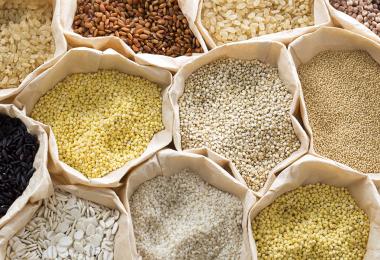
Feed quality
Determination of basic feed quality parameters:
- dry matter
- proteins
- fat
- fibre
- ash
- starch
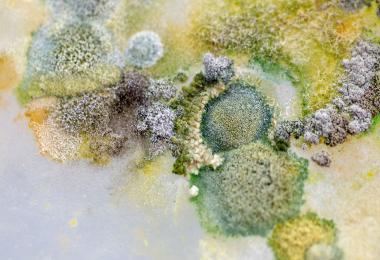
Feed deterioration parameters
Microbiological and mycological examinations can determine the degree of deterioration of feed. In feed, the following is determined:
- total number of saprophytic bacteria
- total number of moulds and yeasts
- pathogenic microorganisms (salmonella, enterobacteria ...)
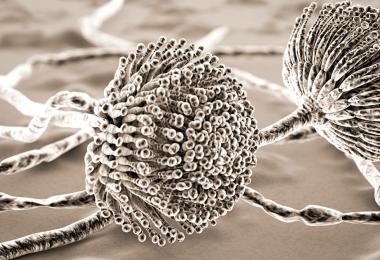
Mycotoxins, harmful substances and feed additives
In feed, the following is determined:
- mycotoxins
- coccidiostats
- vitamins
- macro elements
- trace elements
- heavy metals
- antibiotics
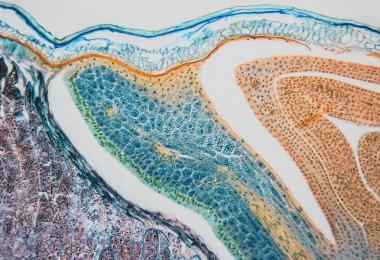
Microscopic analysis of feed
Feed ingredients and various undesirable substances can be identified in feed:
- harmful plants
- pests
- poisonous plant seeds
The institute is the only laboratory in Slovenia that performs analyses on the possible content of tissues of animal origin in feed.
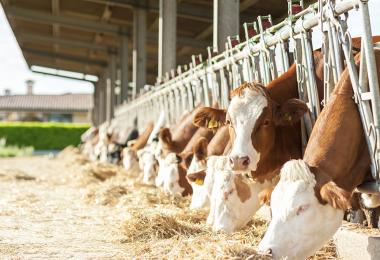
Environment and animal welfare
- olfactometric measurements (air analysis)
- help with inadequate milk quality
- DDD activities (disinsection, disinfection, pest control)

Consulting
The institute provides advice on the nutrition of cattle, small animals, horses, pigs, poultry and pets.
Contacts
Head |
prof. dr. Andrej Kirbiš | |
| Phone | 01 4779 190 | |
| andrej.kirbis@vf.uni-lj.si | ||
| Address | Gerbičeva 60 1000 Ljubljana |
|
| Phone | 01 4779 192 | |
| Fax | 01 4779 174 | |
Department Head |
doc. dr. Stanka Vadnjal | |
| Phone | 01 4779 837 | |
| stanka.vadnjal@vf.uni-lj.si | ||
| Address | Cesta v Mestni log 47 1000 Ljubljana |
|
| Phone | 01 4779 237 | |
| Fax | 01 4779 338 | |
Department Head |
znan. sod. dr. Gabrijela Tavčar Kalcher | |
| Phone | 01 4779 238 | |
| gabrijela.tavcarkalcher@vf.uni-lj.si | ||
Živila
Sprejemnica vzorcev |
Gerbičeva 60, 1000 Ljubljana |
| vsak delovnik od ponedeljka do petka | 7.00-18.00 |
| sobota | 7.00-11.00 |
Krma
Enota za okolje, prehrano, dobrobit in higieno živali |
Cesta v Mestni log 47, 1000 Ljubljana |
| vsak delovnik od ponedeljka do petka | 7.00-15.00 |
Sprejemnica vzorcev |
Gerbičeva 60, 1000 Ljubljana |
| vsak delovnik od ponedeljka do petka | 15.00-18.00 |
| sobota | 7.00-11.00 |

